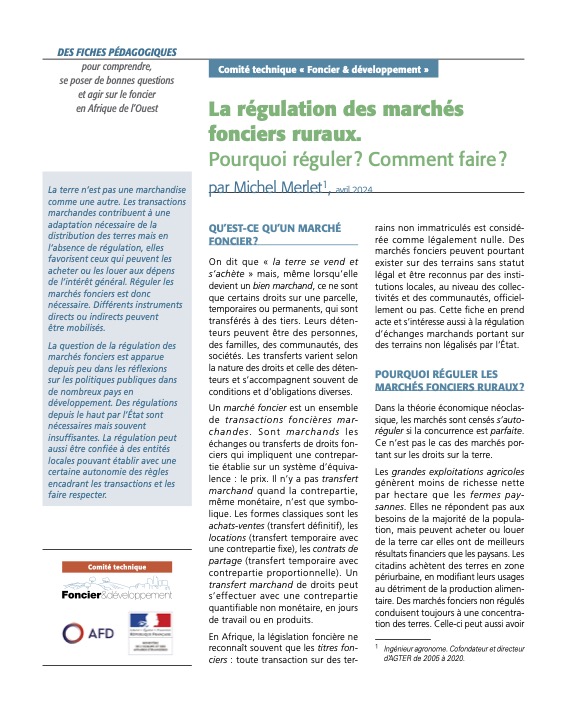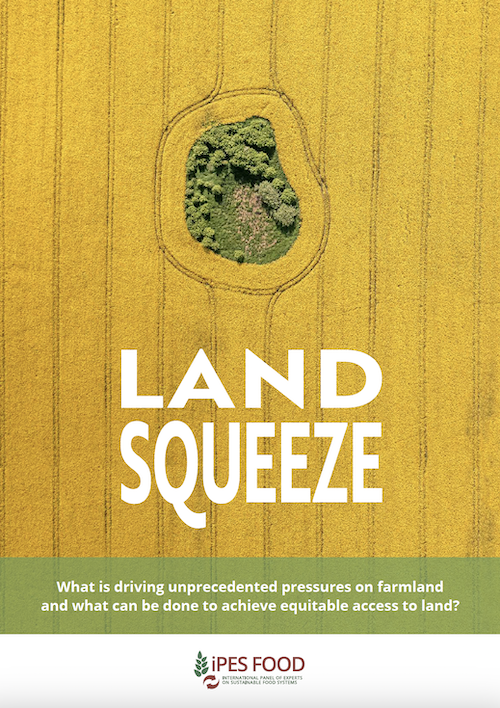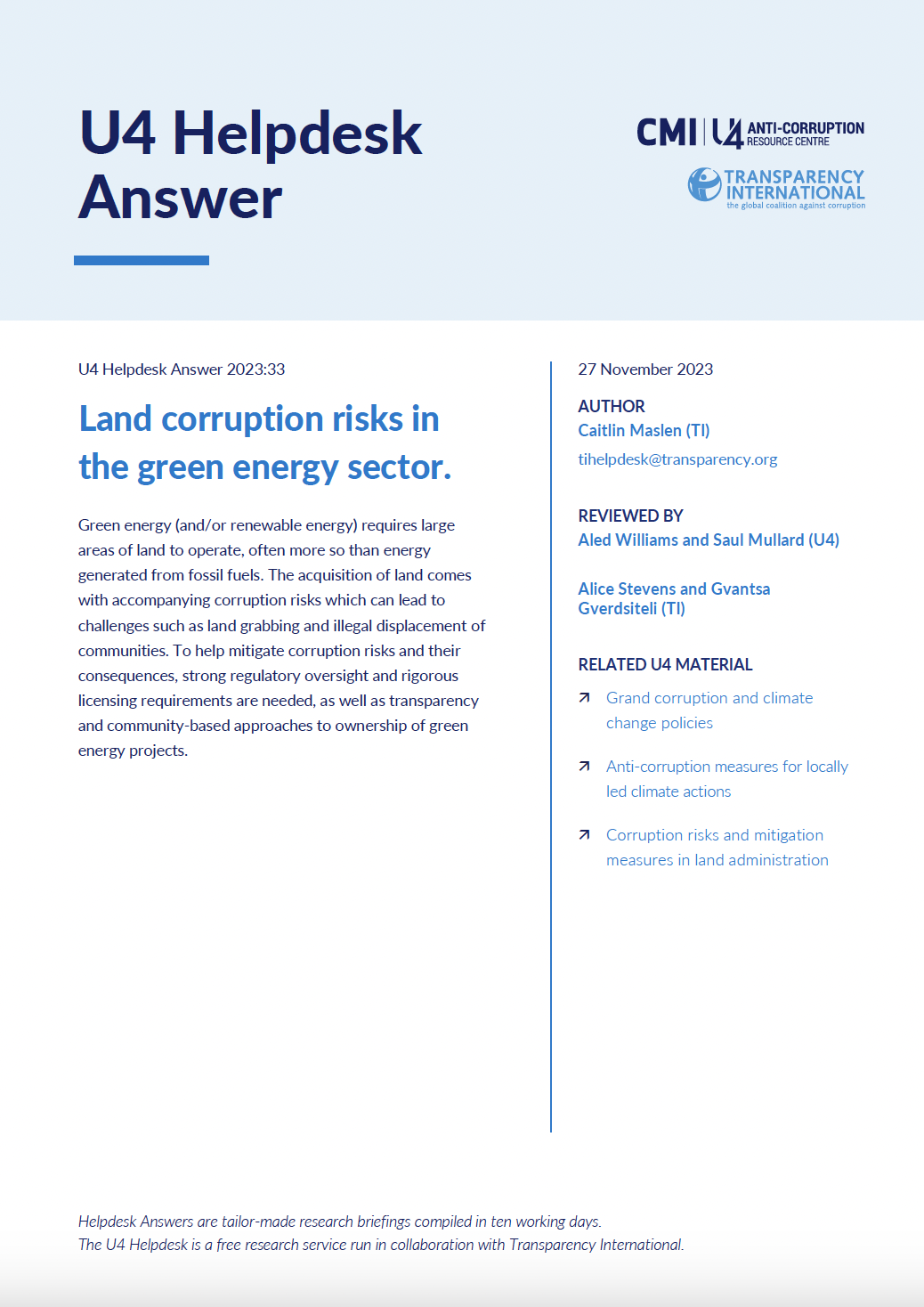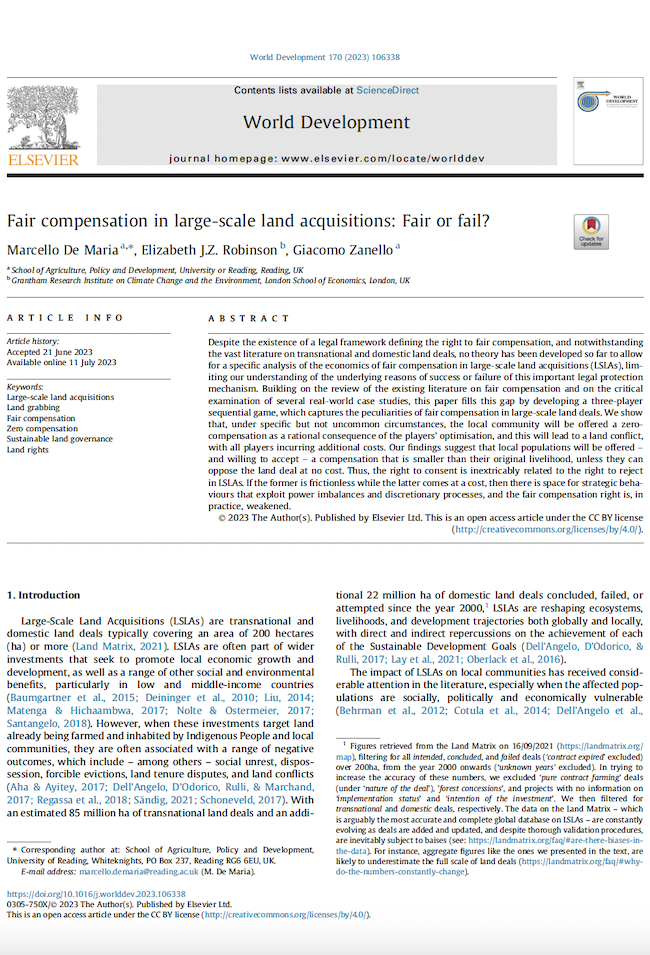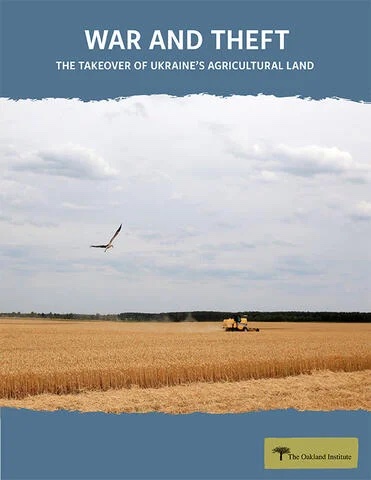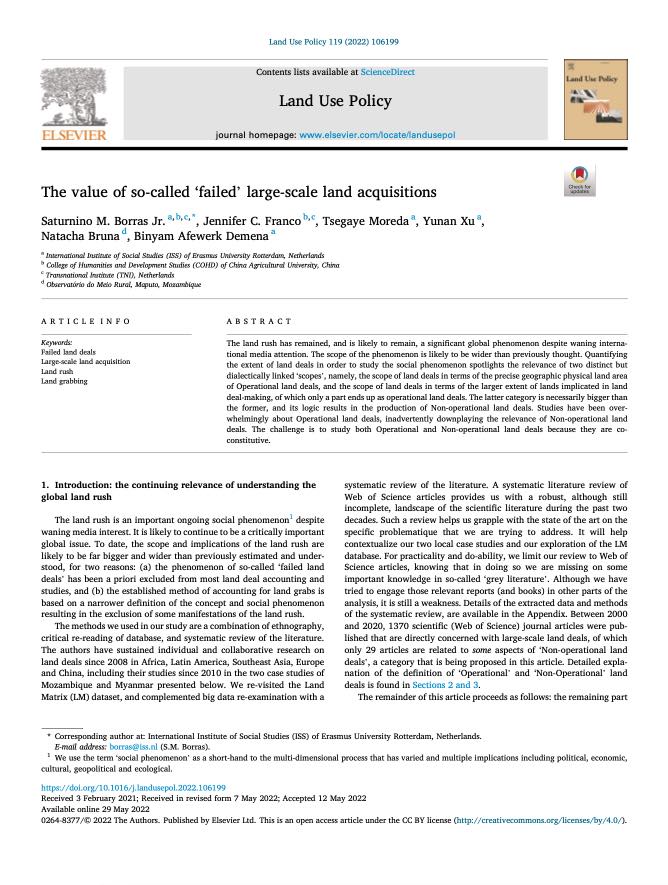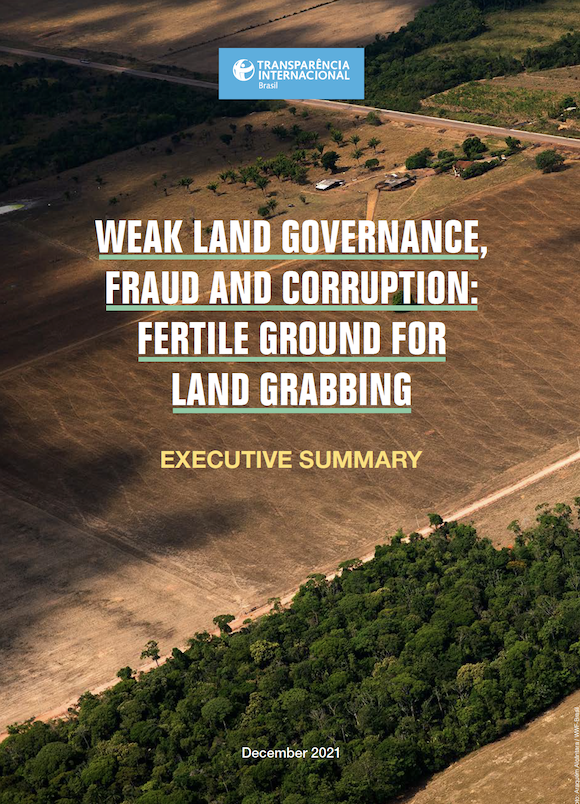La régulation des marchés fonciers ruraux. Pourquoi réguler ? Comment faire ?
Produite dans le cadre de l’école de chercheurs organisée au Sénégal par IPAR, le pôle foncier de Montpellier et l’Université Gaston Berger avec l’appui du CTFD, cette fiche pédagogique fait le point sur les instruments directs et indirects qui peuvent être mobilisés pour réguler les marchés fonciers.

